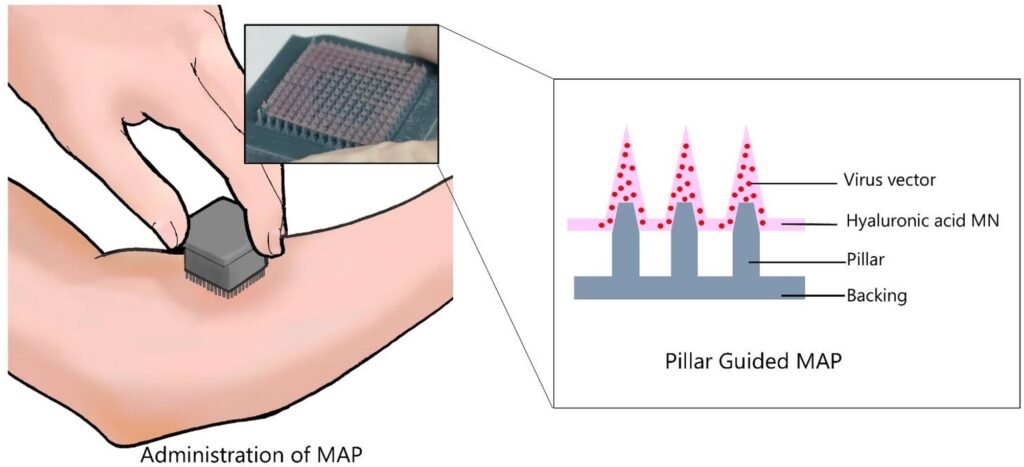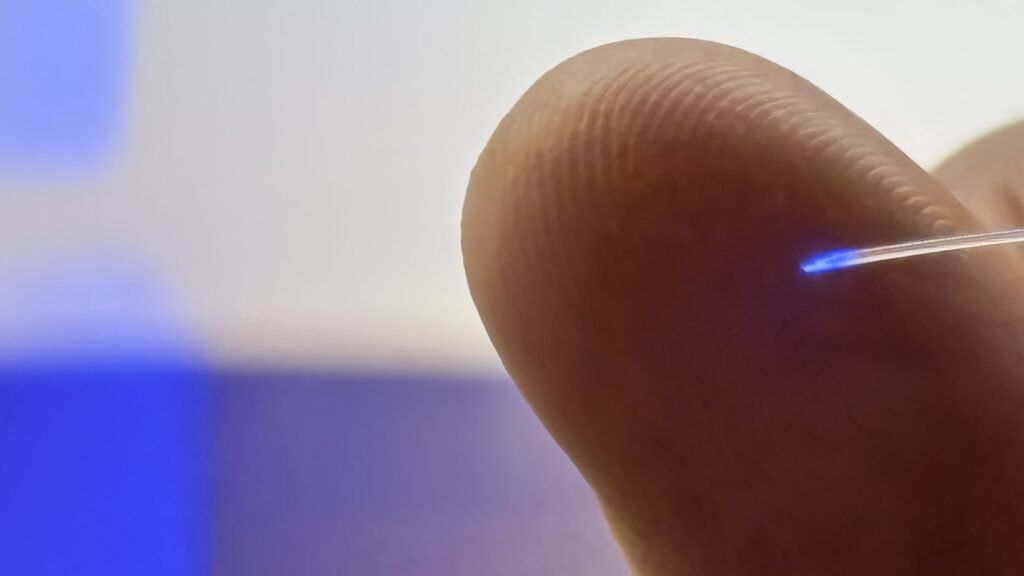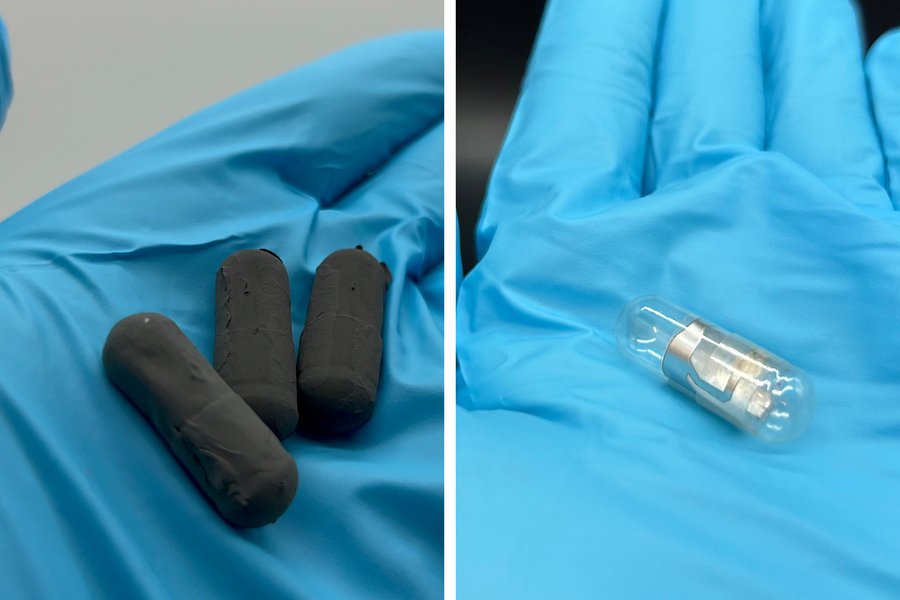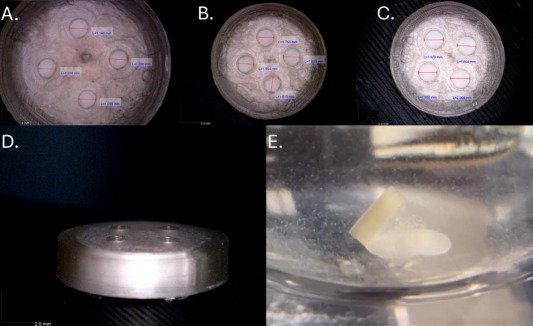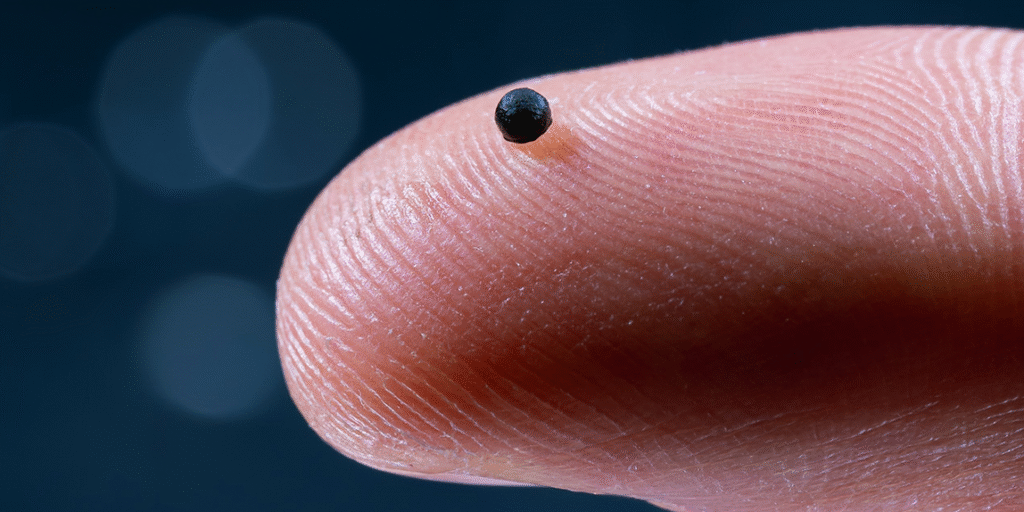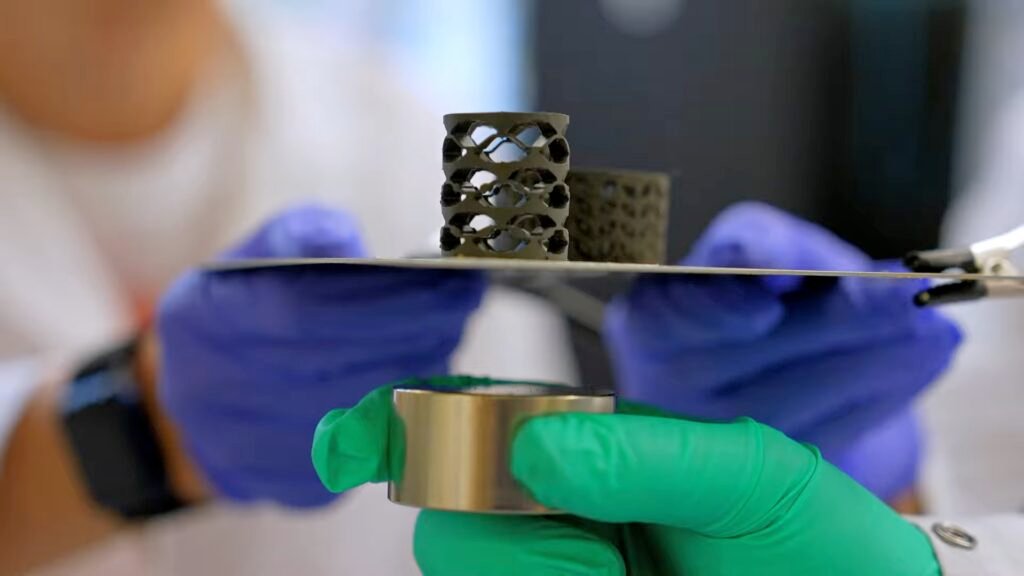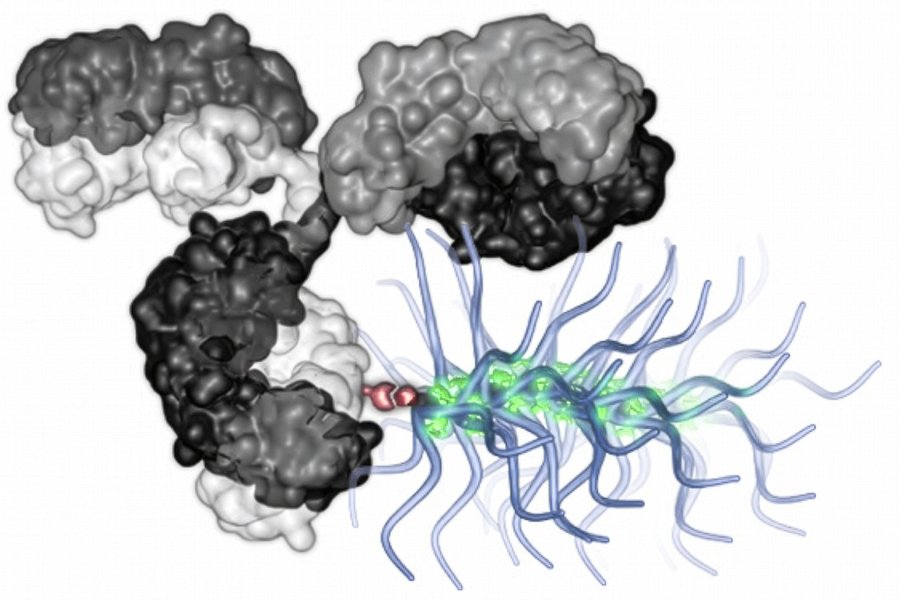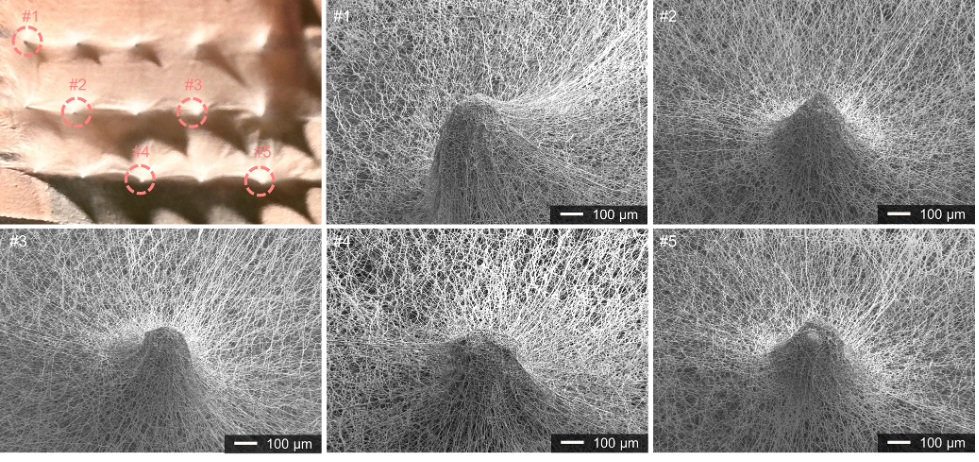3D‑Printed Microneedle Patch Boosts Live‑Virus Vaccine Delivery and Immune Protection
Researchers at the Institute of Industrial Science at the University of Tokyo have developed a new 3D‑printed backing system that significantly improves the performance of microneedle array patches used for vaccine delivery. The work responds to challenges highlighted during the […]
3D‑Printed Microneedle Patch Boosts Live‑Virus Vaccine Delivery and Immune Protection Read More »

